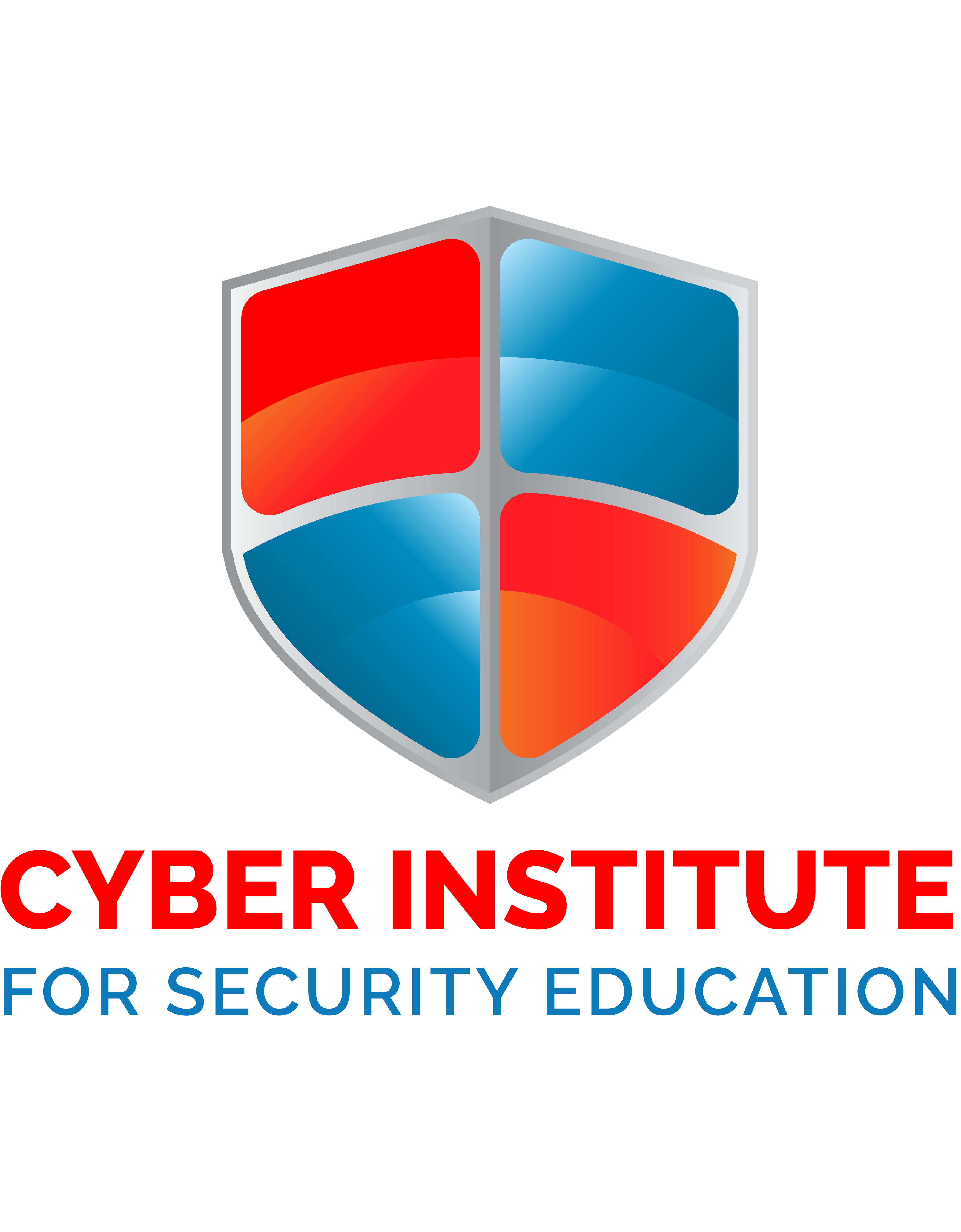
TRAIN FOR NEXT GENERATION
Linux Certification
Linux is renowned for its stability, reliability, and scalability, making it a preferred choice for servers and infrastructure deployments worldwide. Many of the largest data centers and cloud computing platforms rely on Linux-based systems due to their exceptional performance, flexibility, and cost-effectiveness. Moreover, Linux powers an array of devices, ranging from smartphones and tablets to Internet of Things (IoT) devices and supercomputers.
With hundreds of Linux distributions available, each offering unique features, package management systems, and user interfaces, users can find tailored solutions to meet their specific needs. Popular distributions like Ubuntu, Debian, Fedora, CentOS, and Arch Linux cater to diverse audiences, from novice users to experienced administrators. These distributions provide options for different use cases, ensuring that Linux remains versatile and adaptable.
Linux has also emerged as a compelling alternative to proprietary desktop operating systems like Windows and macOS. Linux desktop distributions offer user-friendly environments with a variety of graphical desktop environments, productivity software, and multimedia applications. Notable desktop environments such as GNOME, KDE Plasma, and XFCE provide customizable user interfaces and support for modern hardware, enhancing the overall desktop experience.
What Is The CISE Academy Linux Certification Course?
____________________
The Linux Certification course offered by CISE Academy is a fundamental credential for individuals entering the field of software development with Linux. This certification validates essential skills and knowledge necessary to design, develop, and maintain Linux-based applications using industry-standard tools and technologies.
To obtain the Linux Certification, candidates must pass an exam that covers a broad spectrum of topics including Linux fundamentals, system administration, networking, security, scripting, virtualization, and cloud integration. This certification demonstrates proficiency in creating robust applications and managing Linux-based systems effectively.
Certified professionals showcase their ability to develop applications and administer Linux environments, adhering to industry standards and best practices. They are well-equipped to pursue diverse roles in software development, system administration, DevOps, and cloud computing.

Globally recognized, the Linux Certification offered by CISE Academy serves as a solid foundation for individuals embarking on their careers in Linux-based software development. Whether aspiring to roles in application development, system administration, or DevOps engineering, this certification aligns with the objectives of programs offered by CISE Academy.
Furthermore, the Linux Certification reflects a commitment to continuous learning and professional growth. Certified professionals often pursue further specialized certifications to deepen their expertise in specific areas of Linux technology, such as cybersecurity, cloud computing, or containerization.
Key Advantages of Linux certification
____________________
The Linux certification you choose can be a gateway to a rewarding career in IT, validating your expertise in Linux system administration, networking, and security.
- Certifications validate proficiency in Linux-based systems and technologies, enhancing credibility and career prospects.
- Certification holders gain access to diverse job roles in enterprise environments, cloud computing, and cybersecurity.
- Certifications from reputable authorities like Red Hat and CompTIA are widely recognized by employers globally.
- Certification programs provide structured training and hands-on experience, fostering continuous learning and skill enhancement.
- Certification holders join thriving communities for networking, collaboration, and staying updated on industry trends.
- Linux-certified professionals often command higher salaries than their non-certified counterparts, reflecting the value of their specialized skills and expertise in the marketplace.
Linux Certification Information
____________________
Module 01: Introduction to Linux
Module 02: Linux File System and Shell
Module 03: User and Group Management
Module 04: System Administration
Module 05: Networking
Module 06: Security
Module 07: Shell Scripting
Module 08: System Performance
Module 09: Virtualization and Containerization
Module 10: Cloud Integration
System Administrators
Network Administrators
DevOps Engineers
Software Developers
IT Managers
Students and Graduates
Career Changers
Freelancers and Consultants
Open Source Enthusiasts
Cybersecurity Professionals
1-Cloud and DevOps Focus: Including cloud platforms, containerization, and DevOps practices.
2-Enhanced Security: Emphasizing secure configuration, threat detection, and compliance.
3-Emerging Technologies: Integrating AI, ML, IoT, and edge computing.
Comprehensive curriculum covering essential Linux topics.
Hands-on learning with practical exercises and labs.
Expert instruction from industry professionals.
Flexible learning options: in-person, online, self-paced.
Certification preparation with practice exams and tips.
Industry-recognized credentials from reputable authorities.
Career support with job placement assistance.
Community engagement with networking opportunities.
Continuous updates to course content.
Lifetime access to course materials and resources.
Linux Certification FAQs
What is Linux certification?
Linux certification validates your expertise and proficiency in working with Linux-based systems and technologies.
Why should I get Linux certified?
Linux certification enhances your credibility, increases career opportunities, and validates your skills in a competitive job market.
What topics are covered in a Linux certification course?
Linux certification courses cover a range of topics including system administration, networking, security, scripting, virtualization, and cloud integration.
How long does it take to complete a Linux certification course?
The duration of a Linux certification course varies depending on the program and the individual’s learning pace, ranging from a few weeks to several months.
Are there prerequisites for Linux certification courses?
Prerequisites may vary depending on the certification program, but having basic knowledge of Linux and computer systems is usually recommended.
Copyright © 2024 CISE Academy